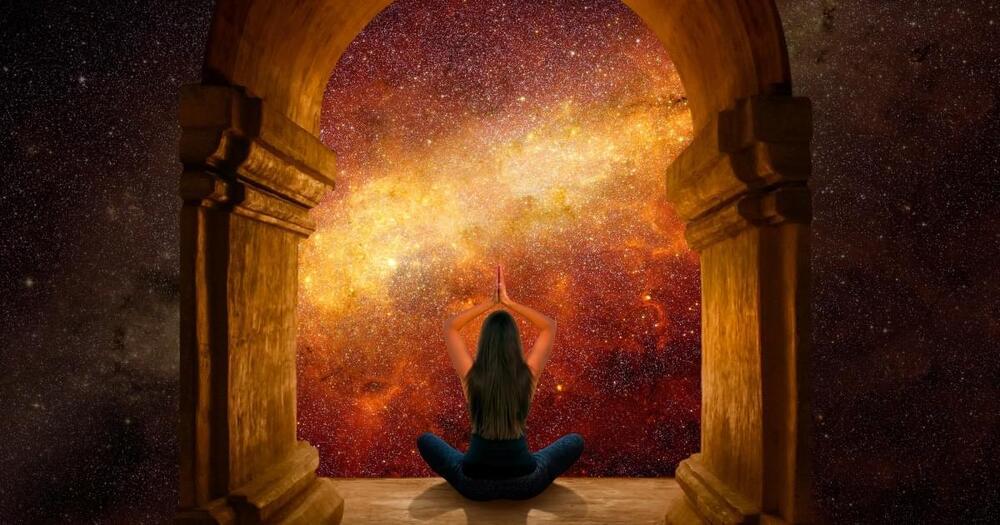Some neuroscientists believe we will never solve the hard problem. Just as a goldfish will never be able to read a newspaper or write a sonnet, Homo sapiens, these scholars argue, are cognitively closed to such knowledge. It is a great but impenetrable mystery. The psychologist Steven Pinker calls the hard problem “the ultimate tease… orever beyond our conceptual grasp.” Echoing the view that consciousness remains outside the limits of human comprehension, one of the best entries in Ambrose Bierce’s The Devil’s Dictionary is the following:
“Mind, n. A mysterious form of matter secreted by the brain. Its chief activity consists in the endeavor to ascertain its own nature, the futility of the attempt being due to the fact that it has nothing but itself to know itself.”
Others believe that if we just keep solving the easy problems, the hard problem will disappear. By locating and understanding what we call the neural correlates of consciousness (NCC) — neural mechanisms that researchers say are responsible for consciousness, typically gleaned using brain scans or neurosurgery to compare conscious and unconscious states — we will march ever closer to solving the mystery, until one day there is nothing left to solve. Defining an NCC starts as a process of elimination: the spinal cord and cerebellum can be ruled out, for instance, because if both are lost to stroke or trauma, nothing happens to the victim’s consciousness. They still perceive and experience their surroundings as they did before. The best candidates for NCC (so far) are a subset of neurons in a posterior hot zone of the brain that comprises the parietal, occipital and temporal lobes of the cerebral cortex. When the posterior hot zone is electrically stimulated, as it sometimes is during surgery for brain tumors, a person will report experiencing a menagerie of thoughts, memories, sensations, visual and auditory hallucinations, and an eerie feeling of surrealism or familiarity. So if the consciousness illusion is located anywhere, it might be in this mysterious region of the posterior cortex.
